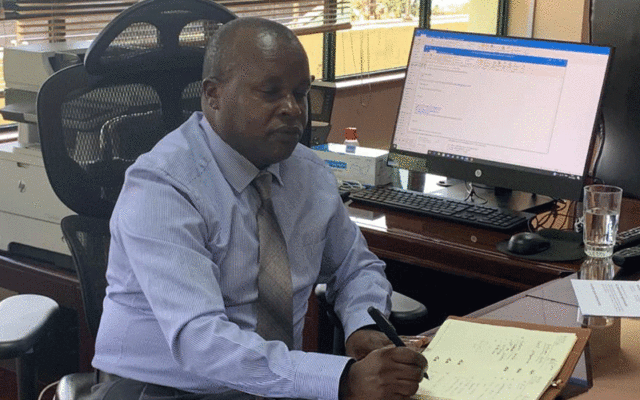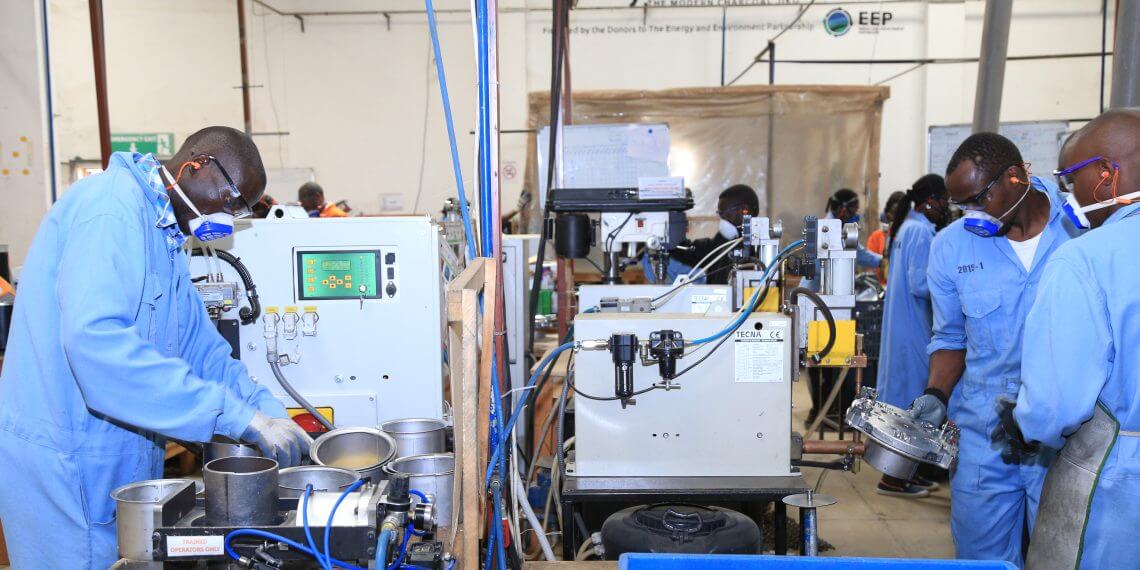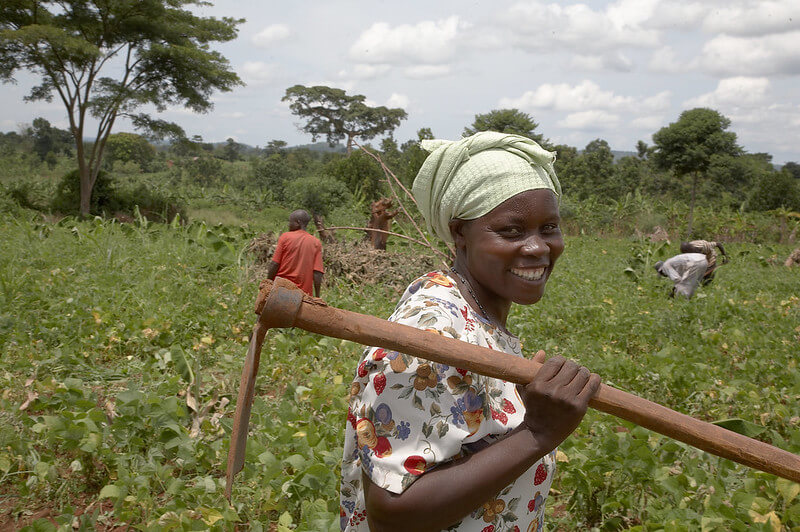Export commodities such as coffee, tea, sisal, cotton, pyrethrum and horticulture produce are Kenya’s key sources of foreign exchange. Highly regarded in the international market, the commodities are key in deepening rural development and wealth creation among farmers. However, performance dipped following imposition of external conditions –Structural Adjustment Programmes (SAPs) by the World Bank and International Monetary Fund (IMF) in the early 1980s, followed by poor management. Our writer NICHOLAS WAITATHU engaged the Agriculture and Food Authority acting Director General ANTHONY MURITHII on what the Government is doing to restore the sub-sector. Experts: Question: Explain the current performance of export commodities – coffee, tea, sisal, cotton, pyrethrum and horticulture products - compared to the last three decades. Answer: Different crops have undergone unique growth trends, opportunities and challenges. Others have recorded phenomenal growth in production, while some have registered a worrying decline. Reasons for growth/decline can be attributed to a combination of factors, both global and local. Tea and horticulture have maintained an upward growth trajectory over the years, while coffee, pyrethrum and cotton have experienced significant decline. Q: Do these commodities still enjoy a good reputation in the global market amid declining production and climate change shocks? A: Despite the decline in production, Kenyan coffee is highly sought after in the global market on the account of its quality. The challenges that the sub-sector has faced are mainly local, including poor governance in the value chain. It is these challenges that are being addressed through the ongoing reform process. Q: Do you think Kenya can reclaim...
Draft Bills key in changing fortunes of export commodities
Posted on: January 18, 2021
Posted on: January 18, 2021
























